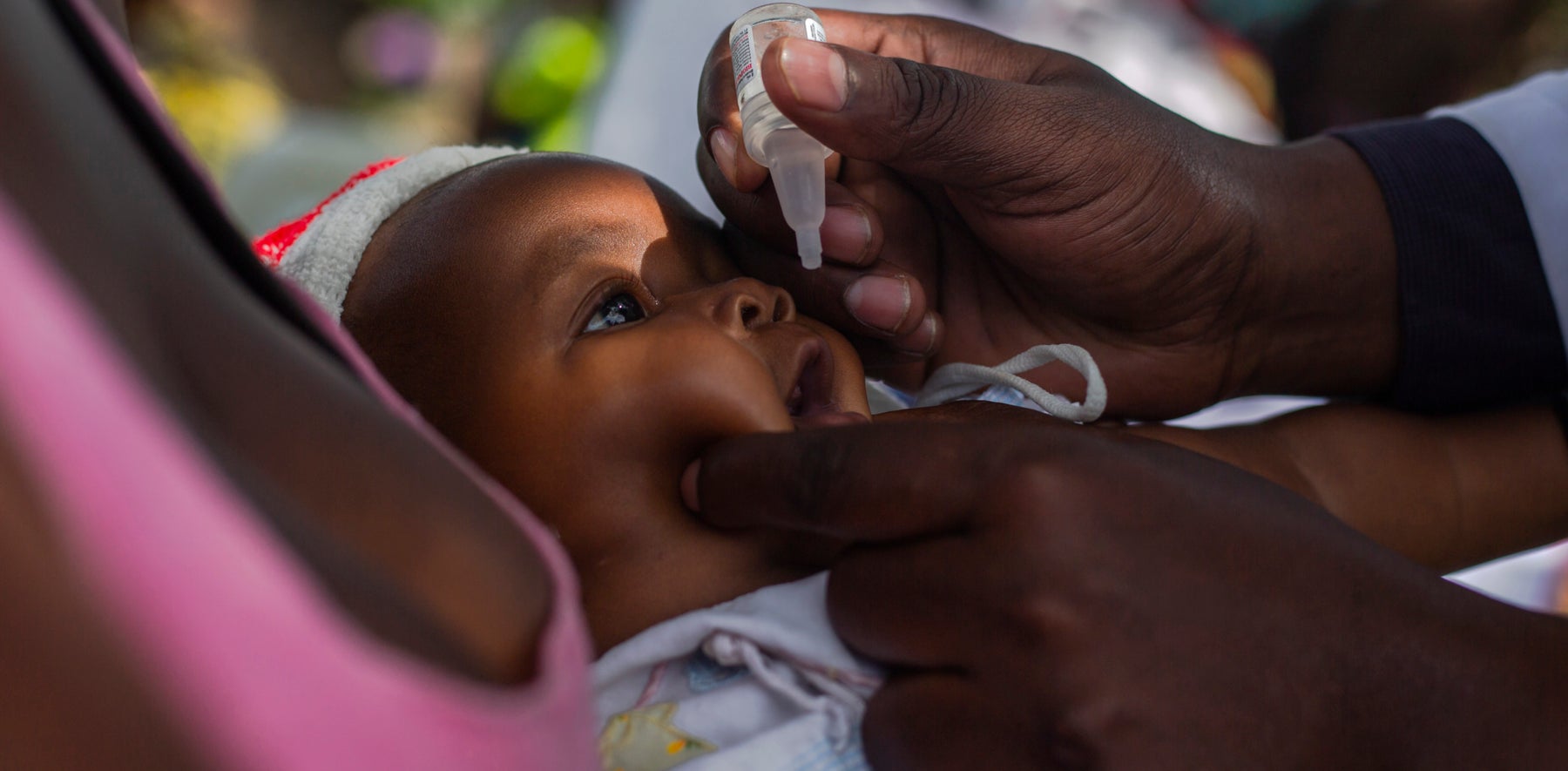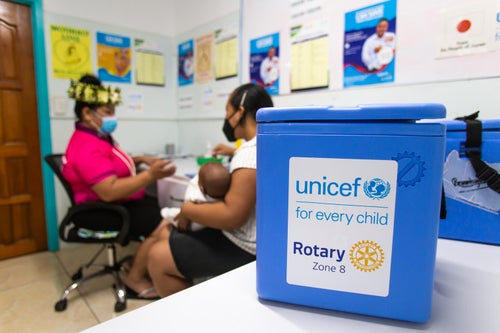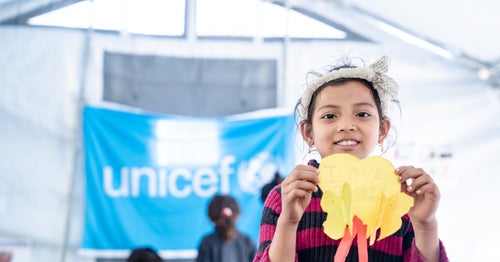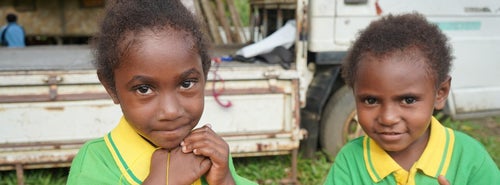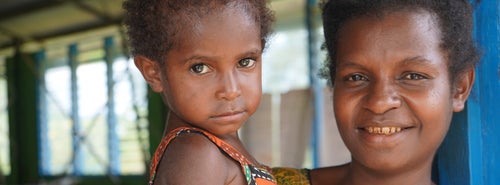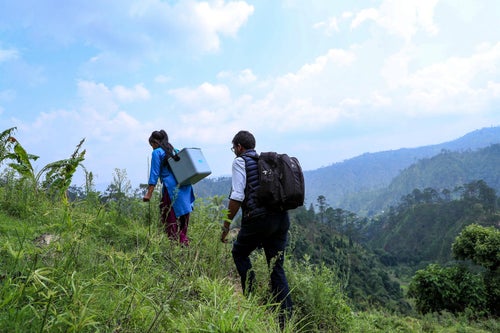The COVID-19 pandemic pushed healthcare systems to the brink.
It also created a perfect storm for other disease outbreaks. We spoke to our Senior Vaccine Adviser, Chris Maher, about what this means for children and how UNICEF is helping.
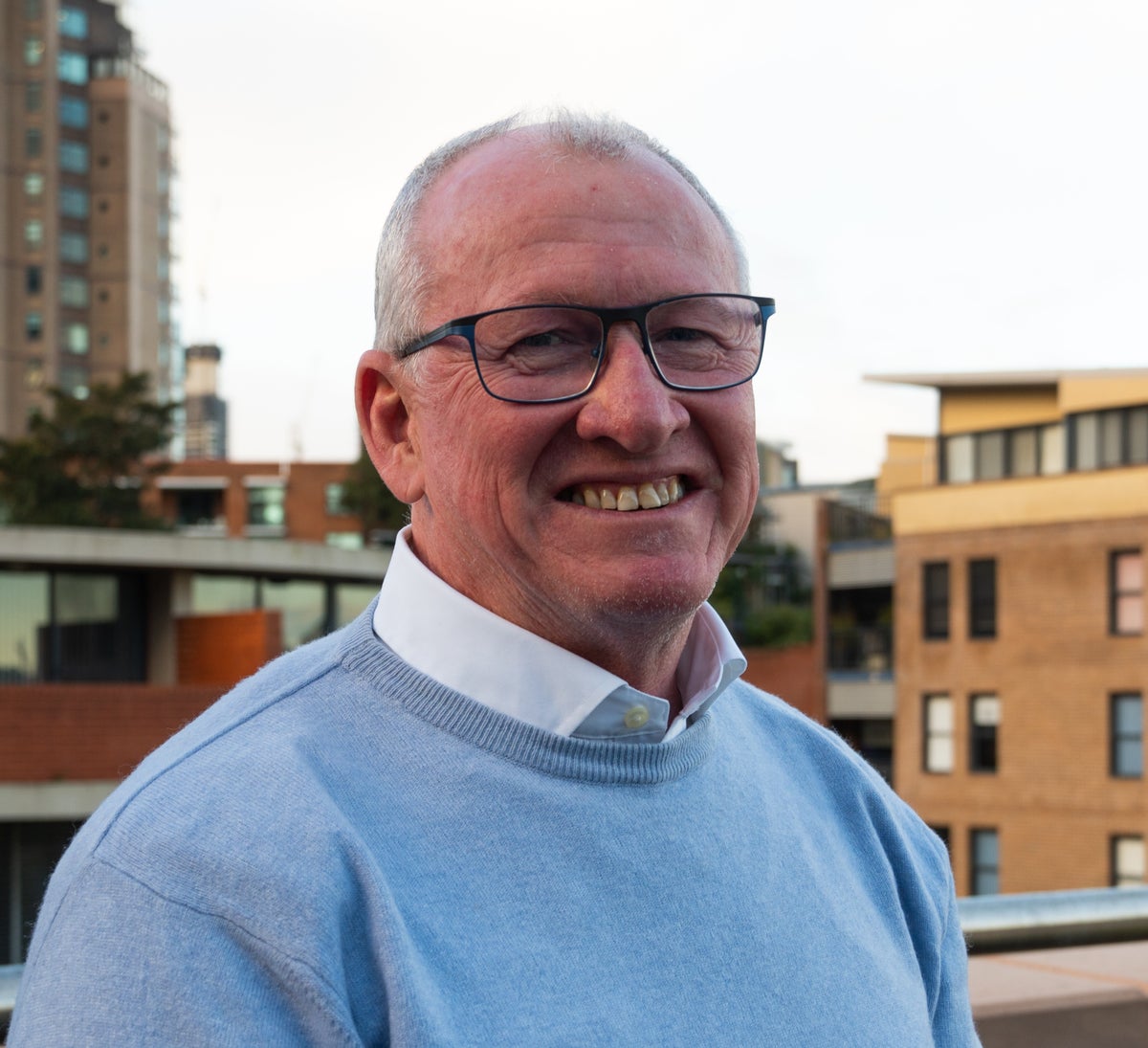
UNICEF has been working for decades to eradicate diseases. Why are we now seeing outbreaks?
When the pandemic hit, health resources were allocated to containing the spread of COVID-19. In some countries, immunisation programs were affected as health workers were needed to treat patients with COVID-19 and distribute Personal Protective Equipment.
This has led to a decline in overall immunisation and an increase in the number of children who did not receive their usual immunisations. Recently, measles cases have been on the increase globally, with the highest numbers being reported in Africa and the Middle East. In countries that are already facing conflict, drought, and high levels of poverty and malnutrition, measles may have a terrible impact.
"I am hopeful than in the future we will see these disease become increasingly rare."
Why is a measles outbreak worrying?
Measles can kill large numbers of vulnerable children very quickly, especially when children’s immune systems may already be compromised due to malnutrition. Measles is a severe disease and for those who survive, it can leave a child’s immune system vulnerable. Measles is a ‘canary illness’, it is a warning that immunisation levels have declined and that there is a risk of epidemics of other vaccine preventable diseases.
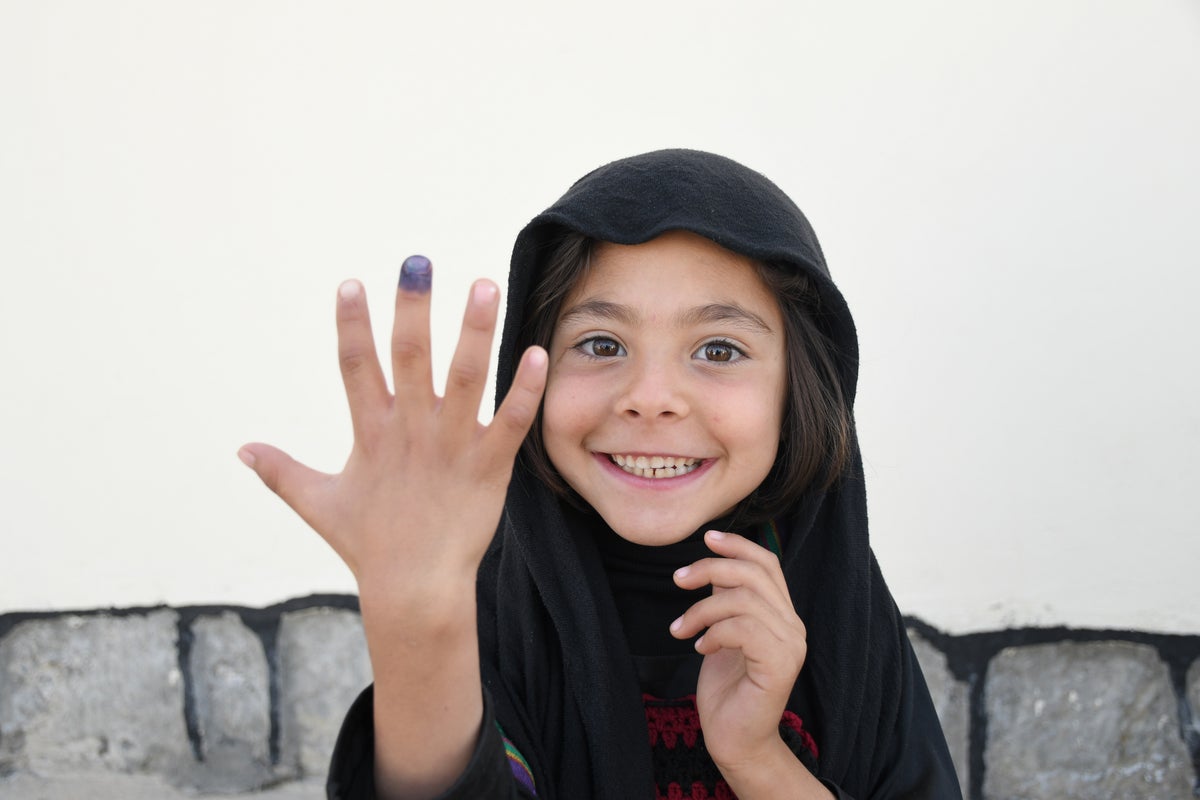
How is UNICEF working to contain these outbreaks?
A critical part of responding to outbreaks is through rapid and large-scale immunisation programs.
UNICEF works with governments and partners to support these programs. I worked on the polio eradication program in Cambodia in the 1990s. The disease was endemic, leaving kids paralysed. We worked with local parents and carers, where there can be issues of trust around vaccines, to explain their importance. Because of this successful community engagement, we reached children with vaccinations in every community and village in Cambodia. In five years, polio was eradicated.
At UNICEF, our teams work daily alongside communities and health services to restore basic immunisation programs that have been affected during the pandemic. With the experience of our teams, I am hopeful that in the future we will see these diseases become increasingly rare.
Thank you for supporting this life-saving work. Each year, UNICEF reaches almost half of the world’s children under five with vaccines, helping children grow up healthy and happy.
Vaccinate Children. Save Lives.
Help protect children against preventable diseases with lifesaving vaccines.
Related articles
Stay up-to-date on UNICEF's work in Australia and around the world



